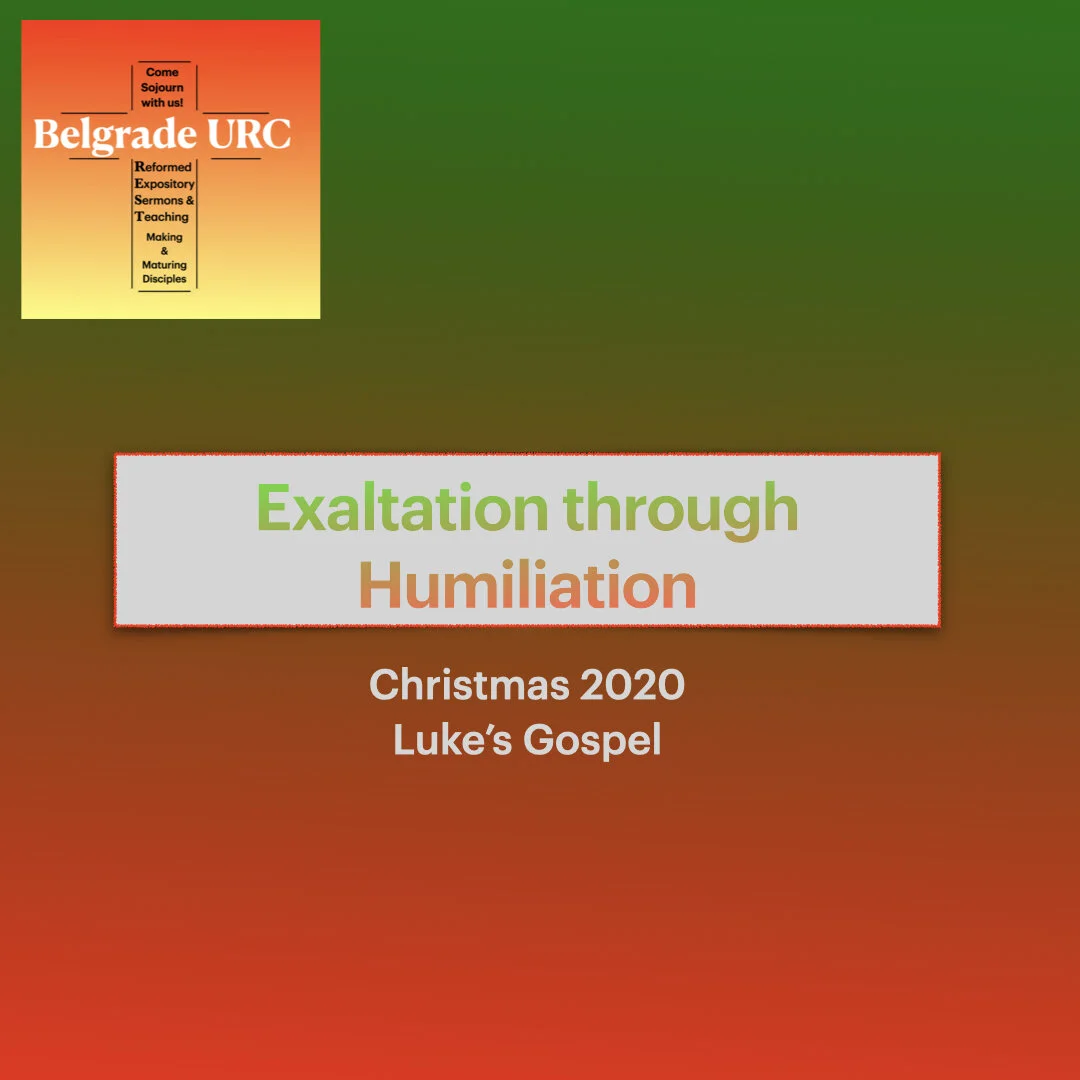Current,
Christmas,
Luke's Gospel,
Pastor Paul Lindemulder,
Sermon,
Video
Paul Lindemulder
Current,
Christmas,
Luke's Gospel,
Pastor Paul Lindemulder,
Sermon,
Video
Paul Lindemulder
Read More
Current,
Christmas,
Pastor Paul Lindemulder,
Sermon,
Worship,
Video
Paul Lindemulder
Current,
Christmas,
Pastor Paul Lindemulder,
Sermon,
Worship,
Video
Paul Lindemulder
Read More



















